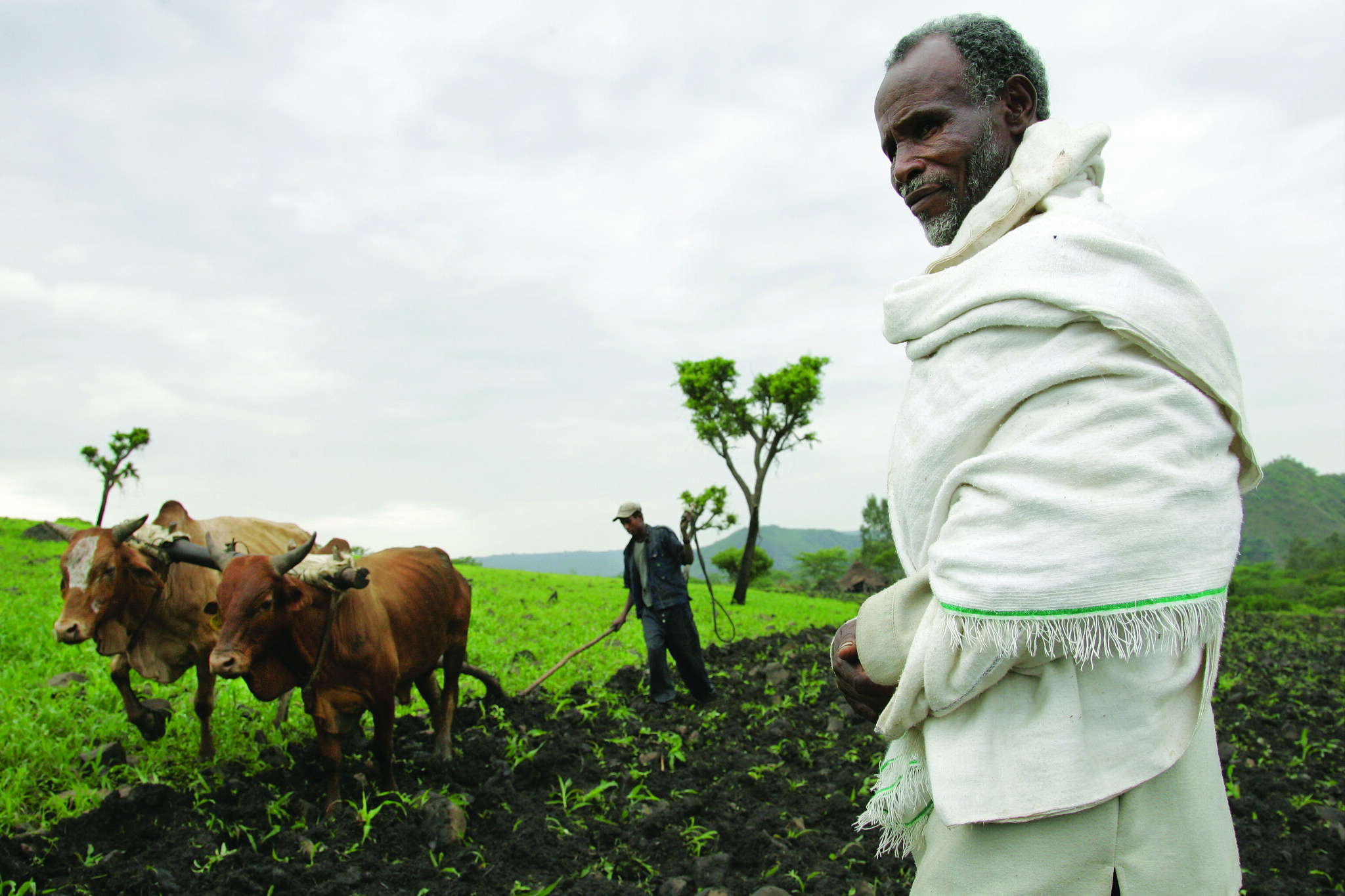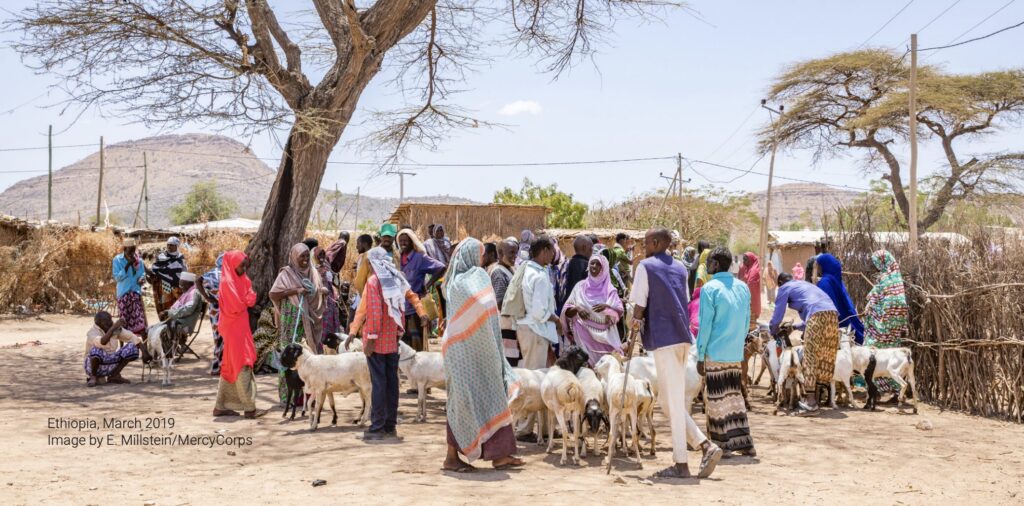How can development partners support food security in protracted crises?

Summary
This policy brief, developed for the UK’s 2023 Global Food Security Summit, summarises insights from recent SPARC research on how to bolster food security in countries affected by conflict and protracted crises.
This weADAPT article is an abridged version of the original text, which can be downloaded from the right-hand column. Please access the original text for more detail, research purposes, full references, or to quote text.
Introduction
What does meaningful support to bolster food security look like in countries affected by conflict and protracted crises?
The brief offers five key lessons from Supporting Pastoralism and Agriculture in Recurrent and Protracted Crises’ (SPARC) research in the Sahel, Syria and Yemen: mostly semi-arid areas subject to protracted crises and conflict, sometimes exacerbated by natural disasters, where food crises and food emergencies threaten.

Key lessons
1. In most countries, domestic issues are more central to determining food prices than external factors.
Food-insecure countries are often thought to lack domestic harvests of staple foods, leaving them dependent on imports. This, however, is the exception, not the rule. In 2023, a SPARC analysis of 14 vulnerable countries found that most of these depend in very large part on domestic harvests for their staple foods.
To reduce vulnerability over the medium term, then, most of these countries need to develop their domestic agriculture, with irrigation and climate-smart agriculture (water conservation, agroforestry and resilient seeds) at the fore.
On the whole, there needs to be a shift of focus away from international commodity price increases and wars, towards domestic factors that determine food prices – such as local food production.
2. Support long-term food security with different solutions.
There is no one-size-fits-all approach to bolstering the domestic food security of countries. When looking to build long-term food security, SPARC’s individual country studies of Somalia, Yemen and Ethiopia demonstrate how much local context matters, refuting any attempt to identify general patterns.
3. Support markets and trade, even in protracted conflict.
In protracted crises, households and local communities largely get by through their own ability to cope – rather than depending on outside help, despite commendable efforts by humanitarian agencies. Farmers and traders also get on with their business to a surprising extent.
As such, more effort should be directed towards the engines of local economies. Repairs to roads and bridges, ensuring traders have working capital (which can easily be lost in conflict), and supporting negotiations with warring parties for routes of safe passage for civilian trade can be critical.
4. Recognise the possibilities, but also the limits, of anticipatory action.
One tool for forward thinking that is gaining increasing attention in the humanitarian sector is ‘anticipatory action’, whereby assistance is triggered before crisis points are reached, when it becomes highly likely that crises may occur. Any hope of preventing crises relies on a realistic appreciation of what can and cannot be achieved by different anticipatory actions and the time horizons that apply.
Anticipating food crisis in the Horn of Africa should not mean waiting for a bad weather forecast. Enough is known about the trends of climate change in such regions for action to be taken in anticipation on a longer, more relevant timescale. Investment is needed to develop new economic opportunities and more resilient livelihoods.
5. Integrate agendas on food security, poverty, resilience and climate change.
Ending food insecurity requires a mix of instruments which tackle underlying, structural crises. Tackling these long-term drivers of food insecurity is also critical in the context of climate change, which is exacerbating threats faced by people already living in chronically food-insecure situations.
Actors from different disciplines – poverty, resilience, crisis and climate change – must speak a common language, share common goals and sit around the same table.
Moreover, aid actors need to have long-term strategies that support the long-term preferences of people facing crisis, and to ensure that efforts which help people meet their short-term needs fit coherently into longer-term plans to build climate resilience.
Suggested citation
Levine, S. and Wiggins, S. 2023. How can development partners support food security in protracted crises? SPARC Policy Brief.
(0) Comments
There is no content